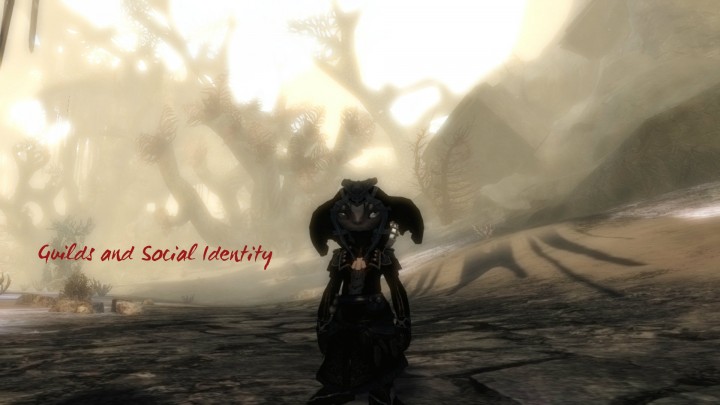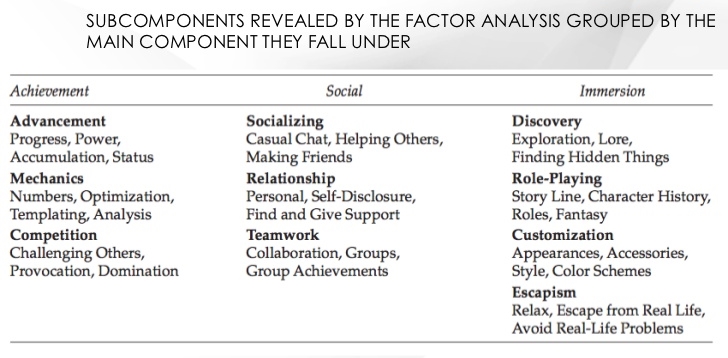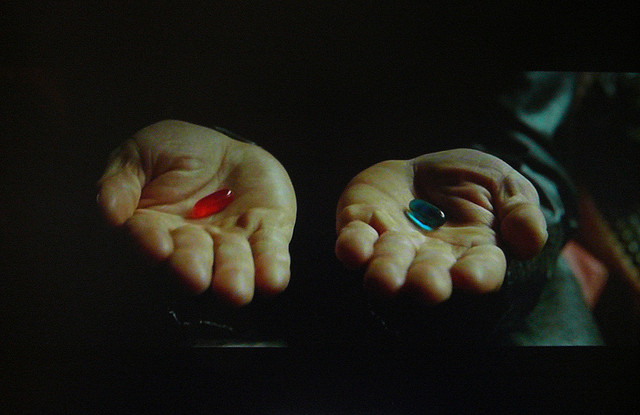As long as I can remember, when you enter an Ancient Hypergates game, people gather up at left. Left is default. Both sides are just as far away, you could go either way. (Like in a Voidstar.) Or you could always go for a split, like in ranked. But no. Left is ‘ours’. Right is ‘theirs’.
Why?
In my short career in retail, I was taught that shoppers cruise predictably through a shop. Counterclockwise. And sure enough, once you know this, you see it. All of them moving around counterclockwise. Like programmed drones. Scary.
But, in Ancient Hypergates counterclockwise would mean right…
What is going on here?
So far I have two theories.









